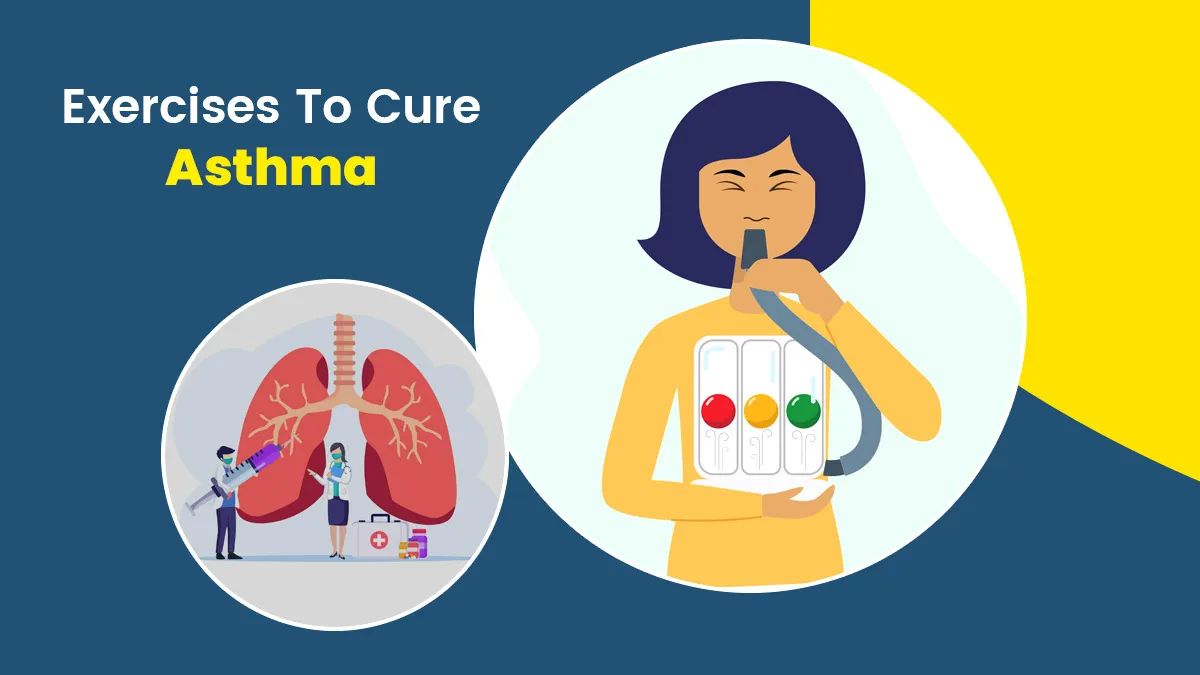
As the sun shines brighter and temperatures soar, many of us flock to beaches and barbecues to soak in the joys of summer. But for the millions of people living with asthma, heatwaves can turn this sunny season into a serious health challenge. Hot, humid air combined with rising pollution levels and allergens can make breathing harder and asthma symptoms more severe.
Table of Content:-
Whether you’re managing asthma yourself or supporting a loved one, understanding how summer heatwaves affect the lungs—and what you can do about it—can help you breathe easier all season long.
Why Summer Heat Makes Asthma Worse
When temperatures climb, the air tends to hold more pollutants and allergens like ozone, pollen, and dust. For people with asthma, this can irritate the airways, trigger inflammation, and lead to wheezing, coughing, or even full-blown asthma attacks.
Here’s what contributes to asthma flare-ups during heatwaves:
High humidity: Makes it harder to breathe and traps airborne irritants.
Ozone levels: Sunlight and heat react with pollutants to create ground-level ozone, a major asthma trigger.
Increased pollen: Plants release more pollen in warm weather, aggravating allergic asthma.
Dehydration: Can thicken mucus in the lungs, making symptoms worse.

Top Tips to Manage Asthma During Summer Heatwaves
1. Check Air Quality Before Heading Out
Use weather apps or websites to monitor the Air Quality Index (AQI) daily. On days when pollution or pollen counts are high, it’s safer to stay indoors with filtered air.
Pro tip: Set up air quality alerts on your phone so you never miss a spike.
2. Stay Cool—Literally
Avoid going out during the hottest part of the day (usually between 11 a.m. and 4 p.m.). If you must be outdoors, wear a wide-brimmed hat and stay in the shade as much as possible.
At home: Use fans, air conditioning, or cold compresses to regulate your body temperature. If AC isn’t available, spend time at a public library or mall.
3. Keep Medications Close and Up-To-Date
Always carry your rescue inhaler, especially when traveling. Make sure your prescriptions are current and stored in a cool, dry place—extreme heat can degrade medication effectiveness.
Ask your doctor - If you need to adjust your treatment plan for the summer months.

Also Read: Can Weight Changes Affect Your Menstrual Cycle? Find Out From The Expert
4. Hydrate Like It’s Your Job
Drinking plenty of water helps thin the mucus in your lungs, making it easier to breathe. Aim for at least 8 glasses a day—more if you’re active or spending time in the sun.
5. Use a Dehumidifier or Air Purifier
Controlling indoor humidity levels (ideally between 30–50%) can help reduce mold and dust mites. Air purifiers with HEPA filters also help remove allergens and pollutants.
6. Shower and Change After Being Outdoors
Pollen and other irritants can cling to your skin, clothes, and hair. A quick rinse and change of clothes can prevent further exposure once you're back inside.
7. Be Smart with Exercise
Exercise is great for lung health, but it can be risky during extreme heat or poor air quality. Try indoor workouts or swim laps in a cool, chlorinated pool, which can be easier on your lungs.
When to Seek Help
If you experience any of the following, seek medical help immediately:
Shortness of breath that worsens quickly
Wheezing that doesn’t improve with a rescue inhaler
Difficulty speaking due to breathlessness
Bluish lips or fingernails
It’s always better to act early than wait until symptoms become dangerous.
Bottomline
With a little planning and awareness, summer doesn’t have to be a stressful season for asthma sufferers. By staying informed, managing triggers, and prioritising self-care, you can enjoy everything the season has to offer—without sacrificing your breath.
Remember: Managing asthma is a journey, not a destination. And each smart choice you make brings you one step closer to breathing a little easier.
Also watch this video
How we keep this article up to date:
We work with experts and keep a close eye on the latest in health and wellness. Whenever there is a new research or helpful information, we update our articles with accurate and useful advice.
Current Version